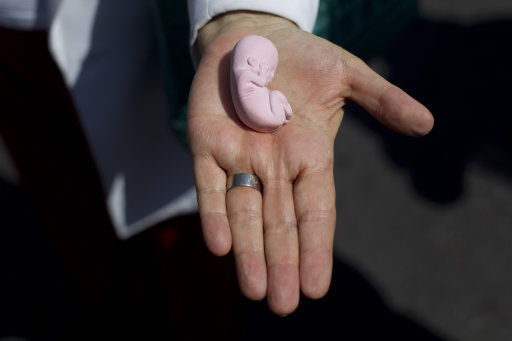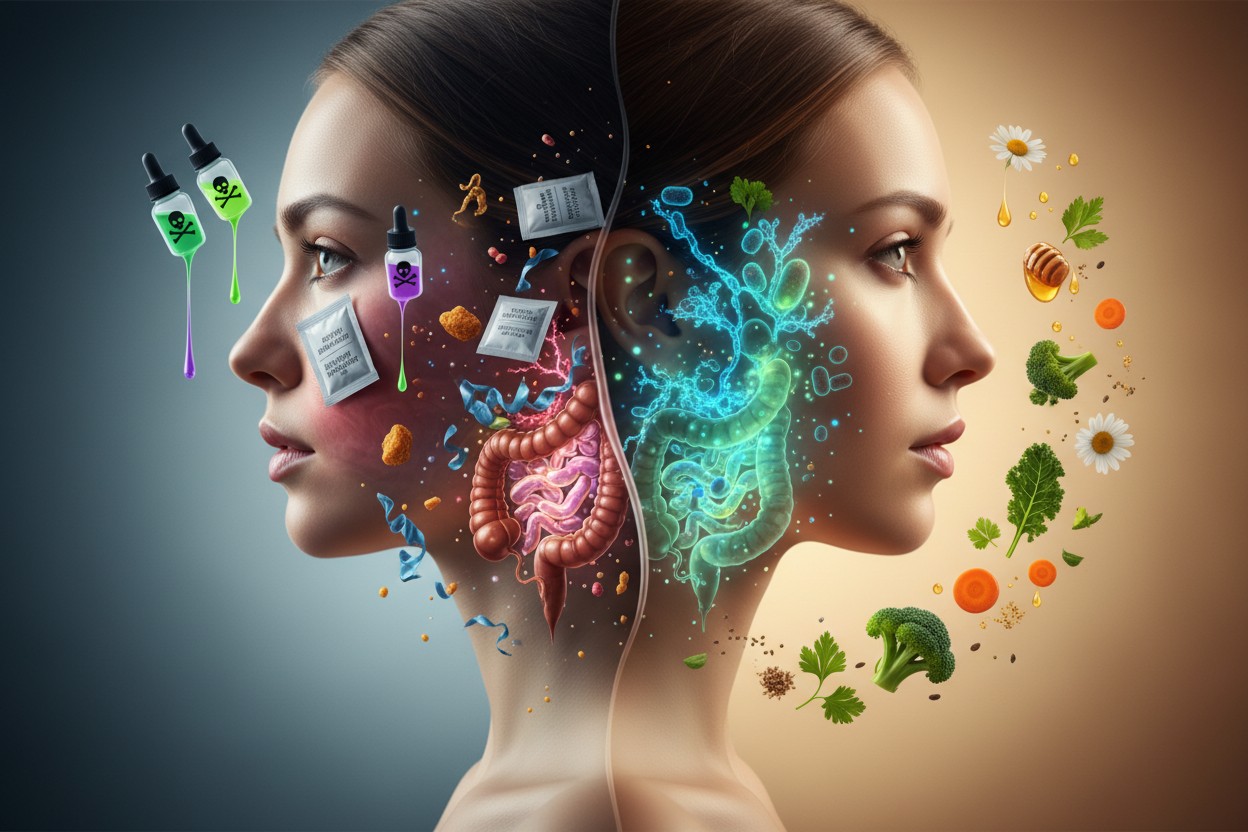© Brighteon.com All Rights Reserved. All content posted on this site is commentary or opinion and is protected under Free Speech. Brighteon is not responsible for comments and content uploaded by our users.
Nutrition Science Vs the Trends Keto Diets Episode 1
11 followers
Follow
0
Share
Report
1 view • 04/14/2021
In today's program, we are going to share the science behind the keto diet and address the nuances and considerations as to whether or not this is the right plan for you.
Discover my personal secret to losing weight every day!--------------------------->>>>-
>>>>>>>>>>>>>>>>>>>> https://bit.ly/3dXzKCA
Before we get into what the keto diet islets make sure we understand the background of ketosis and how our body uses energy.
A metabolism is a group of chemical reactions that take place within the body’s cells for the use of energy.
It is essentially the body’s process of converting food into energy to be utilized in our muscles, nerves, cells, breathing, digestion, and circulation of the blood.
Our bodies typically use glucose as energy, which comes from carbohydrates. This comes from things like fruits, veggies, and grains.
The body either uses glucose (simple sugar), or glycogen, the stored form of glucose in the liver as our main source of energy. Glucose travels into the cells by way of insulin the body's storage hormone, so it can be used for energy production there.
When we decrease the number of carbohydrates in our diet our insulin levels reduce and the amount of available energy via glucose is also reduced.
So the body needs to turn to a different source of energy, triggering an increased delivery of fatty acids to be used through the liver for fuel.
These fatty acids are called triglycerides which are trapped within your fat cells until called upon for energy.
This is why nutritional plans like the Adkins diet have become so popular for weight loss as they trigger the body's use of fat for energy.
Some of those fatty acids get turned into ketones or organic acid compounds. Ketosis is the metabolic state where the body's glucose levels become so low that it switches over to fat stores releasing ketones.
A Ketogenic diet is essentially a metabolic switch from using glucose as the body’s main energy source to burning body fat and ketones.
It is a high fat, moderate protein, low carbohydrate food plan which consists of 60-75% fat, 15-30% protein, 5-10% carbohydrates.
As the body adapts or becomes more comfortable using fat and ketones we become more efficient at employing these fuel sources for our energy needs.
Basically, we become more efficient at oxidizing fat. This has its advantages from a metabolic standpoint.
Some of the advantages include a reduction in inflammatory markers associated with metabolic disease.
Some of the basic biomarkers include lowered triglycerides and LDL levels, a decrease in insulin resistance resulting in improved blood sugar regulation, and upregulation in hormone sensitivity reducing stress on the body.
Discover my personal secret to losing weight every day!--------------------------->>>>-
>>>>>>>>>>>>>>>>>>>> https://bit.ly/3dXzKCA
Before we get into what the keto diet islets make sure we understand the background of ketosis and how our body uses energy.
A metabolism is a group of chemical reactions that take place within the body’s cells for the use of energy.
It is essentially the body’s process of converting food into energy to be utilized in our muscles, nerves, cells, breathing, digestion, and circulation of the blood.
Our bodies typically use glucose as energy, which comes from carbohydrates. This comes from things like fruits, veggies, and grains.
The body either uses glucose (simple sugar), or glycogen, the stored form of glucose in the liver as our main source of energy. Glucose travels into the cells by way of insulin the body's storage hormone, so it can be used for energy production there.
When we decrease the number of carbohydrates in our diet our insulin levels reduce and the amount of available energy via glucose is also reduced.
So the body needs to turn to a different source of energy, triggering an increased delivery of fatty acids to be used through the liver for fuel.
These fatty acids are called triglycerides which are trapped within your fat cells until called upon for energy.
This is why nutritional plans like the Adkins diet have become so popular for weight loss as they trigger the body's use of fat for energy.
Some of those fatty acids get turned into ketones or organic acid compounds. Ketosis is the metabolic state where the body's glucose levels become so low that it switches over to fat stores releasing ketones.
A Ketogenic diet is essentially a metabolic switch from using glucose as the body’s main energy source to burning body fat and ketones.
It is a high fat, moderate protein, low carbohydrate food plan which consists of 60-75% fat, 15-30% protein, 5-10% carbohydrates.
As the body adapts or becomes more comfortable using fat and ketones we become more efficient at employing these fuel sources for our energy needs.
Basically, we become more efficient at oxidizing fat. This has its advantages from a metabolic standpoint.
Some of the advantages include a reduction in inflammatory markers associated with metabolic disease.
Some of the basic biomarkers include lowered triglycerides and LDL levels, a decrease in insulin resistance resulting in improved blood sugar regulation, and upregulation in hormone sensitivity reducing stress on the body.
Keywords
FREE email alerts of the most important BANNED videos in the world
Get FREE email alerts of the most important BANNED videos in the world that are usually blacklisted by YouTube, Facebook, Google, Twitter and Vimeo. Watch documentaries the techno-fascists don't want you to know even exist. Join the free Brighteon email newsletter. Unsubscribe at any time. 100% privacy protected.
Your privacy is protected. Subscription confirmation required.





